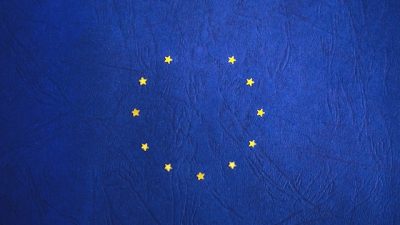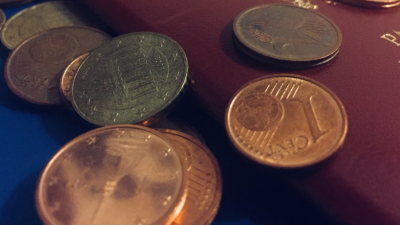
CJEU asked to rule on recognition of birth certificate of child born to same-sex couple as proof for nationality
On 2 October 2020, the Administrative Court of the City of Sofia in Bulgaria requested a preliminary ruling from the Court of Justice of the European Union (CJEU) in the case C-490/20 V.M.A. v. Stolichna Obsthina, Rayon ‘Pancharevo’ (Sofia municipality, ‘Pancharevo’ district), concerning the recognition of a birth certificate mentioning two women as parents in order to get proof of nationality.









